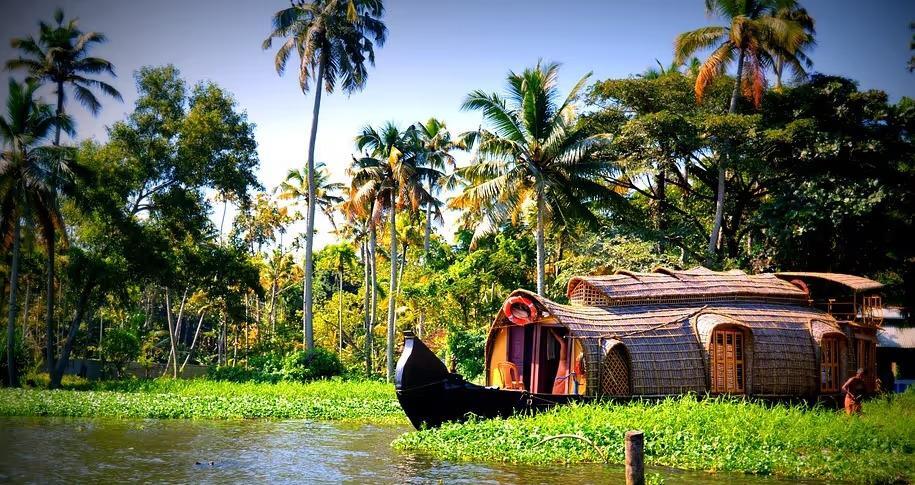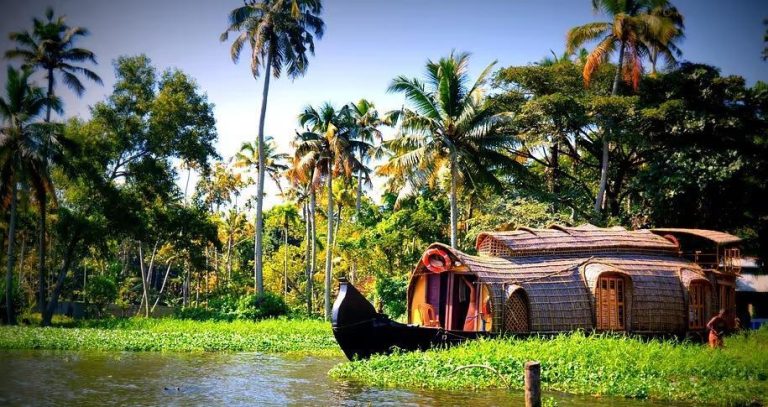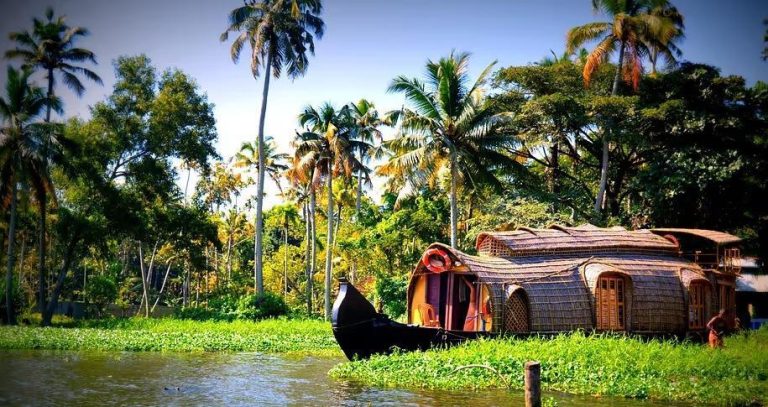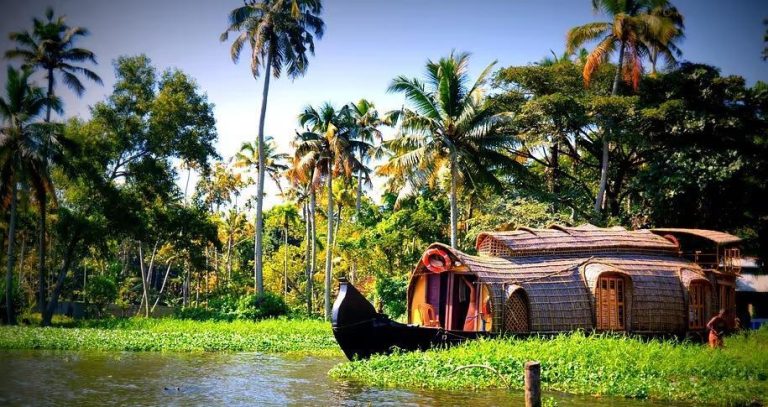
Kerala’s Startup Boom: Driven by Students & Innovation
Kerala, a state in the southern region of India, is witnessing a remarkable surge in its startup ecosystem. With an annual growth rate of 20%, Kerala has emerged as one of the most promising startup destinations in the country. The state is home to over 3,500 startups, with a significant proportion of them being led by students. This remarkable growth is attributed to the innovative policies, world-class research labs, and sustainable solutions promoted by the Kerala Startup Mission (KSUM).
The Rise of Students-led Startups
One of the key factors driving Kerala’s startup boom is the involvement of students in entrepreneurship. The state has the largest student-led innovation network in India, with a vast pool of talented and ambitious individuals who are eager to turn their innovative ideas into successful ventures. The KSUM’s initiatives, such as the Kerala Startup Village (KSV), have provided students with access to resources, mentorship, and funding, enabling them to transform their ideas into reality.
The success stories of startups like GenRobotics and Navalt are a testament to the potential of student-led innovation. GenRobotics, a startup founded by a group of students from the Indian Institute of Technology (IIT) in Kerala, has developed a robotic solution for precision farming, which has the potential to revolutionize agriculture in the state. Navalt, another student-led startup, has created a sustainable solution for marine waste management, which has received recognition globally.
KSUM’s Role in Fostering Innovation
The Kerala Startup Mission (KSUM) has played a crucial role in fostering innovation and entrepreneurship in the state. Established in 2012, KSUM is a state government initiative that aims to promote entrepreneurship and innovation in Kerala. The mission has implemented various initiatives, including the Kerala Startup Village (KSV), to provide students and entrepreneurs with access to resources, mentorship, and funding.
KSV, a flagship initiative of KSUM, is a state-of-the-art incubator that provides startups with access to world-class research labs, cutting-edge infrastructure, and a vibrant community of entrepreneurs. The incubator has already produced several successful startups, including GenRobotics and Navalt, which have received international recognition and funding.
Kerala’s Strengths as a Startup Hub
Kerala’s startup ecosystem has several strengths that make it an attractive destination for entrepreneurs and investors. Some of the key strengths include:
- Talent Pool: Kerala has a large pool of talented and educated individuals, with a high literacy rate of 95%. The state is home to several top-ranked educational institutions, including IITs, IIMs, and NITs.
- Cost-effective: Kerala is a cost-effective destination for startups, with low costs of living and doing business. The state government has also implemented several policies to reduce the cost of starting and running a business, including a simplified registration process and reduced tax rates.
- World-class Infrastructure: Kerala has invested heavily in building world-class infrastructure, including research labs, incubators, and accelerators. The state is also home to several international airports, seaports, and highways, making it easy to connect with the rest of the world.
- Sustainable Solutions: Kerala is known for its focus on sustainable solutions and eco-friendly practices. The state government has implemented several initiatives to promote sustainable development, including renewable energy projects and waste management programs.
Challenges and Opportunities Ahead
While Kerala’s startup ecosystem has shown remarkable growth, there are several challenges that need to be addressed to ensure sustained growth and success. Some of the key challenges include:
- Scaling Up: Kerala’s startup ecosystem needs to scale up its operations to attract larger investments and create more jobs. This requires a focus on creating a more robust ecosystem that provides startups with access to resources, mentorship, and funding.
- Regulatory Framework: Kerala needs to strengthen its regulatory framework to provide a more supportive environment for startups. This requires simplifying the registration process, reducing bureaucratic hurdles, and providing tax breaks and other incentives to startups.
- Access to Funding: Kerala’s startups need access to more funding opportunities to scale up their operations. This requires a focus on creating more funding opportunities, including angel investors, venture capitalists, and government funding programs.
Conclusion
Kerala’s startup boom is a remarkable success story that is driven by students and innovation. The state’s unique strengths, including its talent pool, cost-effective environment, and world-class infrastructure, make it an attractive destination for entrepreneurs and investors. The KSUM’s initiatives, including the Kerala Startup Village, have provided students and entrepreneurs with access to resources, mentorship, and funding, enabling them to turn their innovative ideas into successful ventures. As Kerala continues to focus on scaling up its startup ecosystem, addressing the challenges ahead, and creating more funding opportunities, the state is poised to become one of the top startup hubs in Asia.
Source: https://ascendants.in/industry_events/keralas-startup-boom-20-annual-growth-and-beyond/




